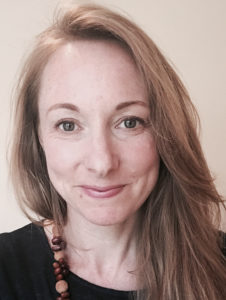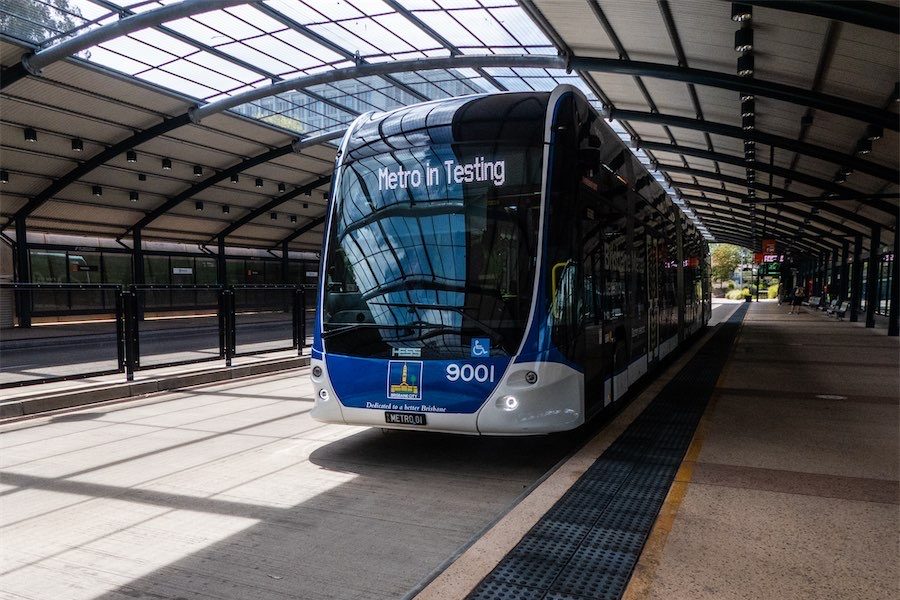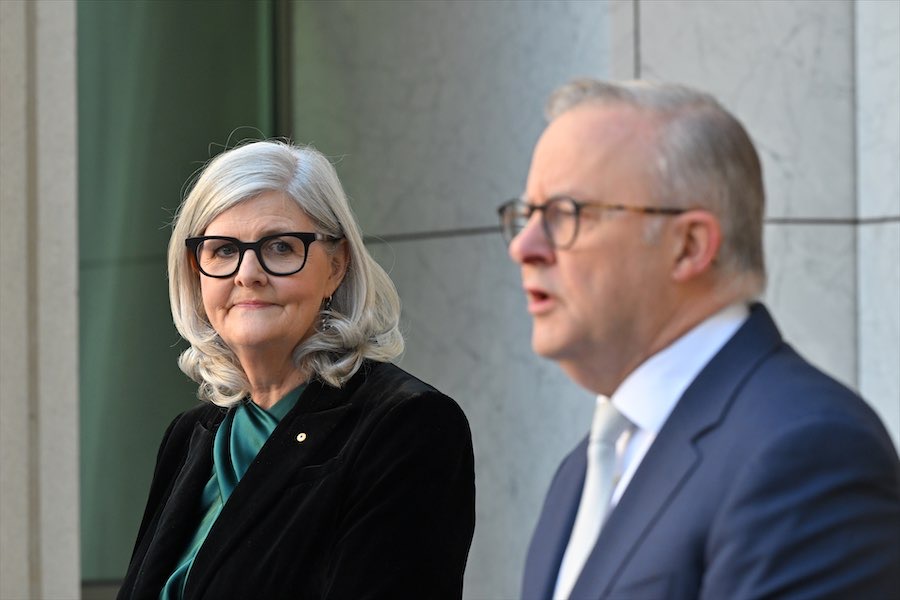Seven years on and there are still asylum seekers taken by Australia to Manus Island and Nauru. KIRRILY JORDAN looks at how Australia turned compassion for refugees into another year of torture.
WHEN Aran* landed on Christmas Island in August 2013 he dreamt of a life of freedom in Australia, playing sport far away from the political regime that had threatened his survival.

He’d never heard of Kevin Rudd’s “19 July law” that would send all asylum seekers arriving by boat to offshore imprisonment in Manus Island or Nauru – and condemn him to indefinite detention until this day.
In a strange twist of fate it was exactly six years later, in August 2019, that he arrived in Australia for a second time. On Manus Island he had seen two of his closest friends die and sustained a serious injury that was causing chronic pain and flashbacks of trauma.
But he was now filled with hope. Under the “medevac” legislation that had come into force in May he was assessed as needing urgent medical care. Arriving back in Australia he imagined receiving the proper treatment that had never been available in PNG.
When it passed through parliament, medevac was widely celebrated as a win for compassion and decency. But today, as the remaining 600 people who were sent offshore enter their eighth year of detention, Aran looks back on that promise as a cruel joke. For almost 12 months he has been locked up inside the Mantra Hotel in Melbourne with around 70 other people sent from PNG and Nauru. Another 130 are held in hotels and detention centres elsewhere.
For Aran this is a new, cruel torture worse than Manus. “Manus was so hard and brings back hard memories, but at least we had fresh air. Now they sent us here. For the first four months we couldn’t even open the windows… Sometimes I just stay in my room three or four days with the curtains closed. We need to be able to go outside, talk to people. I feel like a hostage.”
Like many others who came under medevac, Aran claims that the medical care has been minimal.
“If you want to see a psychologist you can put in a request form. But all they do is give you pills for sleeping and pills for calming down,” he says.
“We are so sick of that, the same as Manus. I didn’t want to use that medication but I have no choice.”
It’s a similar story in other locations around Australia where medevac transferees are being detained.
In another city, Nico* has been held for more than 12 months in an immigration detention centre.
As soon as he arrived under medevac he requested an MRI and psychiatric appointment.
“I was told I had to wait like all Australians,” he said.
“When I said I’ve already been waiting six years the doctor laughed and said: ‘It’s not my problem’. After seven months I was able to get an MRI and they said its arthritis.”
Nico was able to see a physiotherapist, but those appointments have ceased during COVID-19. His neck feels no better, and he says his request for a pillow that does not cause more pain has been ignored for seven months.
Nico’s biggest problem, though, has been the worsening of his mental health. On his telling, he had to submit a complaint form before he was able to access a phone counsellor.
“But he says he can’t help me. He just says ‘Sorry, that’s a hard situation you’re in’,” said Nico.
Worse still is the way Nico says he is treated by guards.
“We get treated like criminals. For example, some of us asked to go to church. First they had to search us, the security guard touched our private parts and over our whole bodies, while another one was laughing. We were so upset,” he said.
“And then four security guards came with each person – one security holding our right arm, one holding our left arm, one a metre in front and one a metre behind. They stood there holding us the whole time… And then they searched us again on the way back in.”
The same treatment was given to Nico when he got his MRI.
“Going into the hospital all the people were looking and thinking: ‘Oh, he must be a criminal’. You don’t know what that feels like inside,” he said.
The prospects for people like Aran and Nico show no signs of improving. Acting Immigration Minister Alan Tudge has suggested that, for many of them, it was now time to return to continued detention in PNG and Nauru.
Having attempted suicide a few weeks ago, Nico is now holding on for his wife and young son back home. Aran sees little hope: “I think if we get free we can get better step by step. But when I think about myself I think I will never be free. My only fault was that I came by boat. It’s like a mark on my forehead until I die.”
Aran, Nico and many others like them are buoyed by the knowledge that there are Australians who care. But as they enter their eighth year of detention their hopes for a compassionate Australia must seem like mirages – turning to dust as soon as they draw near.
*Names have been changed.
Dr Kirrily Jordan is a political economist, visual artist and research fellow at the ANU. She has worked closely with refugees on Manus Island for several years and maintains contact with many of those still detained in Australia and PNG.
Who can be trusted?
In a world of spin and confusion, there’s never been a more important time to support independent journalism in Canberra.
If you trust our work online and want to enforce the power of independent voices, I invite you to make a small contribution.
Every dollar of support is invested back into our journalism to help keep citynews.com.au strong and free.
Thank you,
Ian Meikle, editor





Leave a Reply